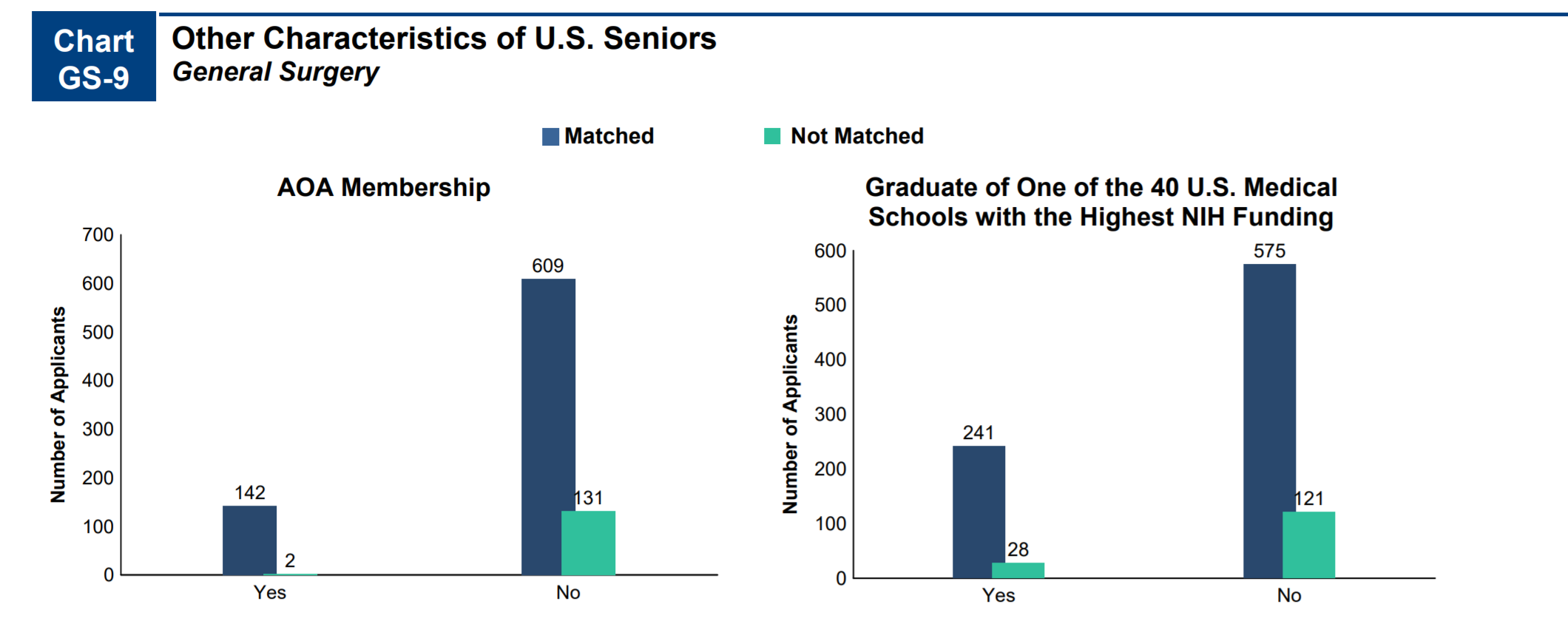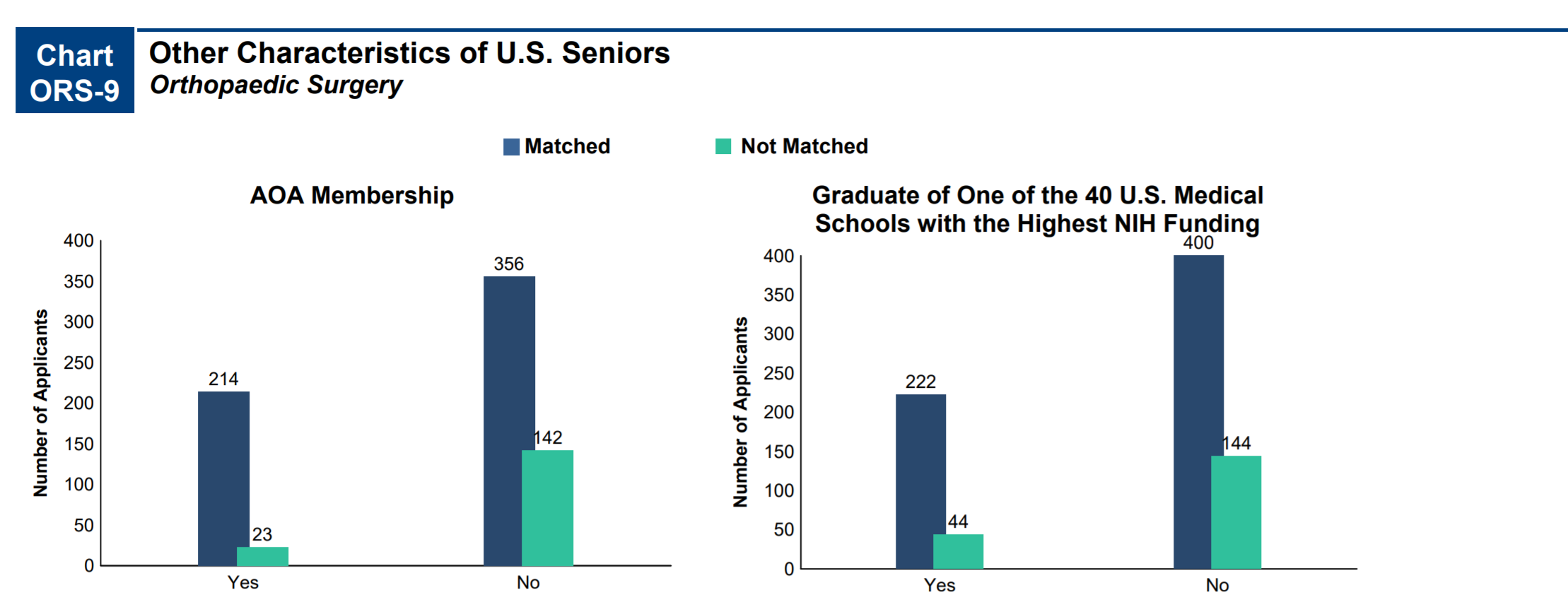That is most likely not true for a multitude of different reasons. The first is that Harvard residencies, which happen to be of the best sort in almost all specialties, tend to like Harvard students. I think the stat was that around half of the end up staying at Harvard for residency. Even somebody from Stanford or UCSF or Penn is going to have a harder time matching at Harvard. The second reason is that you have to assume that wherever this student goes, he or she will be presented with the kind of opportunities that he or she would be presented with at Harvard that allows him or her to match well down the road. And this is almost certainly not true. I don't now if anybody has looked at research output for students at top med schools compared to students at lower-ranked schools but highly-ranked research schools are highly ranked for a reason. If given a similar set of opportunities as a Harvard student, a student going to any medical school can match well - I agree. But opportunities are not the same. Nor is the teaching/learning experience.
What is the difference between other schools first 2 years?
All doctors learn thr *same* stuff, they pass the same standardized test..
If you do well in the test, and meet other criteria the sky is the limit..
Harvard med students based on data have some of the highest MCAT scores, it wouldn't be shocking if they had very high STEP scores either..
So of course they match well
Whereas a school with say an average MCAT of 511, it isn't realistic to think the STEP scores will be super high.
Can it happen?? Yes
However I am a realist, the fact is that your academic progress throughout HS is often what determines how succesful you will be in college, your college success determines success in grad school, your success in med school probably determines success in residency, and so forth
The students at the very top have had an extensive track record of being successful often..
It is a no brsiner to see the same success in matching, but also not unusual to see people evaulate the path they are on, and redeem themselves.
There is a reason why we have so few brain surgeons, so few astrophysicists, etc
People often just want to get there, they want to do the minimum and just get there.
That is perfectly fine, but I wager that if these people applied themselves like the elite students do they would get to the tippy top too.
I will end this rant by saying this;
I believe that a kid selling cocaine with no home life, with gang affiliation, I bet that kid vould dedicate himself or herself and become anything, surgeon, nuclear engineer, investment banker, what have you..
I don't, and will never acvept that anybody is stupid.
Rsther I say that people are comfortable with mediocrity.
People don't have patience, that's what I would say.
I reckon
@Goro would also agree considering he has probably see people shoot themselves in the foot and kill their chances because of trying to rush






